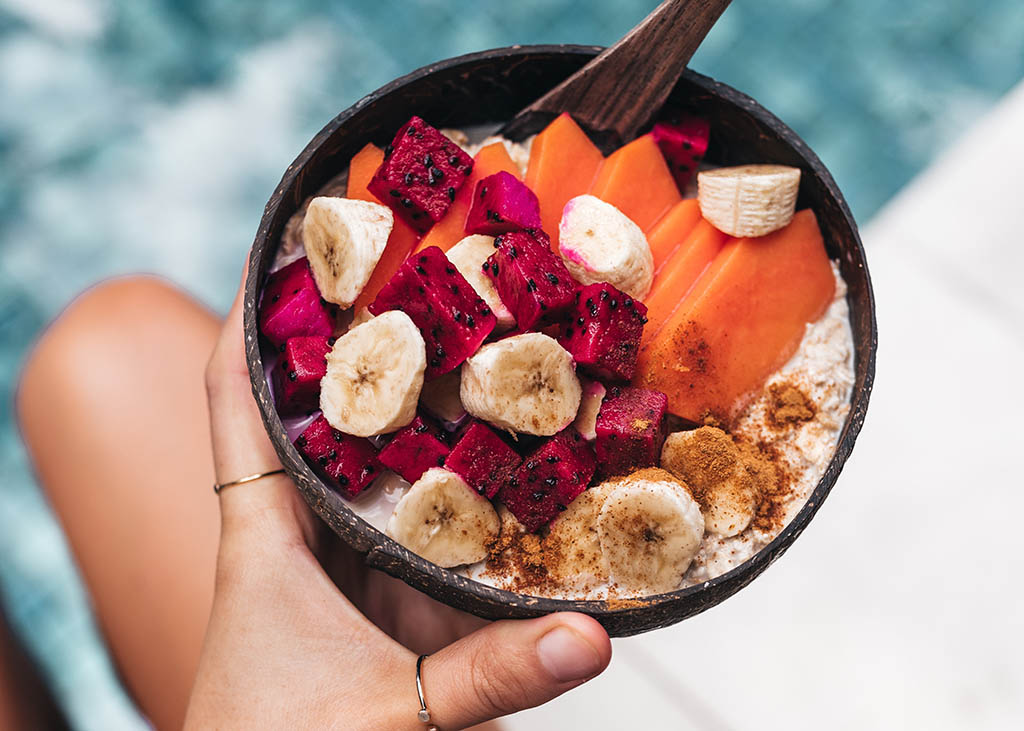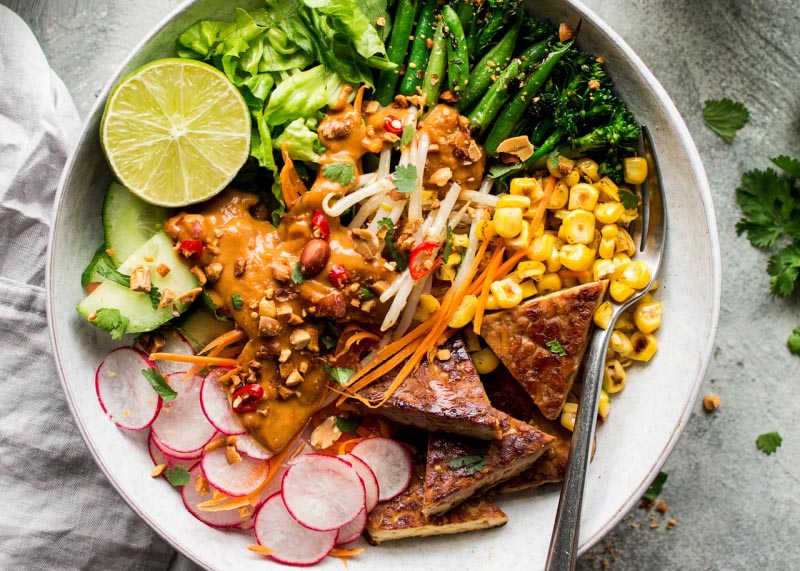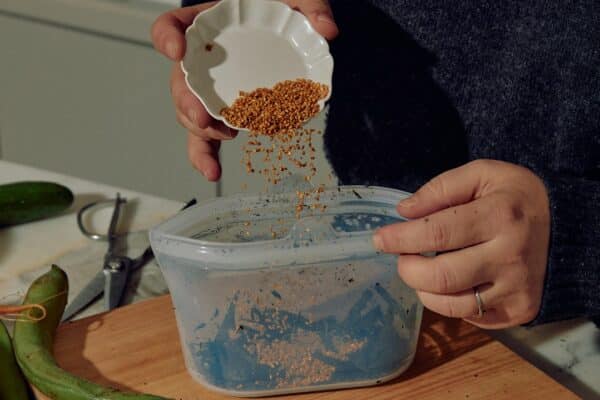Veganism used to be a niche diet which due to growing environmental and ethical concerns, has blown up into the mainstream. Cutting meat and dairy can reduce someone’s carbon footprint from food by up to 73%. This might explain why between 2014-2017, veganism grew by 600%.
There are a multitude of benefits to going vegan or vego or plant-based, besides the obvious ethical and environmental reasons. Eating a more plant-based diet is linked to lower risk of heart disease, loss of weight, lower blood sugar levels and can be cheaper.
The only downside is the difficulty of transitioning to a vegan/vego or plant-based diet, is that it can sometimes be difficult. Here are some tips for trying it without failing.
Image via Unsplash

1. Be flexible
Remember, you don’t need need to go fully vegan, just reducing meat and dairy can be beneficial for you, animals and the planet. It can be useful to start by cutting out foods slowly, for example, try changing the milk in your coffee for a month and trial different ones: soy, oat, rice, coconut, almond, etc. You can also try making meat-free dinners 5 times a week!
Inspiration: Nutty Bruce and Oatly (the only vegan and plant-based milk that taste creamy and is available at most supermarkets in Australia)
2. Make it Saucy
Adding a good sauce to any meal is important, especially vegan food. Learning some recipes for quick homemade sauces can change the way you eat, from easy vegan pesto to creamy garlic – you will probably need to invest in a food processor or hand blender! I love roasting vegetables and adding miso or my favourite new Indonesian salad recipe is below.
Inspiration: Vegan Gado Gado (hearty salad with peanut sauce)

Via Lazy Cat Kitchen
3. Make in Mass
Vegan or vego food can seem like a task, but one of the beautiful benefits of cooking without meat is that it lasts longer. Cooking on mass means that food can generally last the week, from main meals to snacks. Inspiration: 30-minute coconut curry or easy healthy Apple Crumble
4. Variety is Key
Some weeks you might make food on mass and be ok with it, other weeks you’ll be bored shitless. This is where variety is key – vegan food is not just tofu! Experiment with different foods, recipes and alternative meats. Look around the supermarket and see what is possible!
Inspiration: 15-minute Veggie Chilli with crunchy tortilla and avocado salad
5. Snacks-a-Go
For some people going vegan or vego is tough as they feel more hungry. This issue is easily fixed…with snacks! It’s important to pack lots of snacks throughout your workday, to not feel fatigued and snack on non-vegan products like chocolate.
Inspiration: 5-Ingredient Coconut balls
6. Learn about protein and supplements
One of the major factors that people commonly say about going vegan or vego is – “how will I get my protein, iron, and B12?” It’s a good question and the answer is, easily but with some research. Try to get as much protein, iron, and B12 through different foods, but supplements are also important. B12 can be sourced from Fortified Nutritional Yeast (can be sprinkled on food), lentils and dark greens are packed with iron and oats and almonds are filled with protein. There are also lots of vegan protein powder brands.
Inspiration: Lentil soup (lentils are packed with protein)

7. Get Some Inspiration
There are SO many incredible recipes out there for vegan and vego food on the internet that are easy and delicious. Get some inspiration and try new foods. There are cookbooks, Instagrammers, bloggers and TV shows to get recipe inspo from!
Inspiration: Vegan Eats Oxford, BOSH!, Oh She Glows
8. Don’t substitute in carbs
One of the classic mishaps of going vegan/vego is substituting meat and eggs with starchy carbs like pasta, bread, and potatoes. In a healthy diet, around 50% of daily calorie intake can be from carbs – but go off your normal intake. Up the carbs from vegetables if anything!


